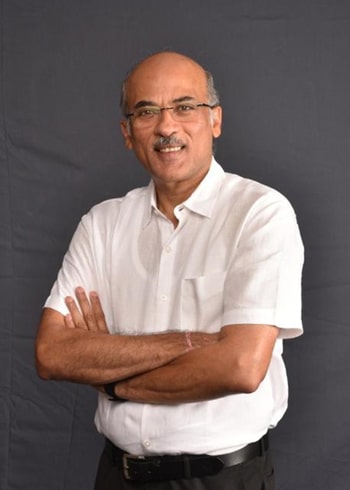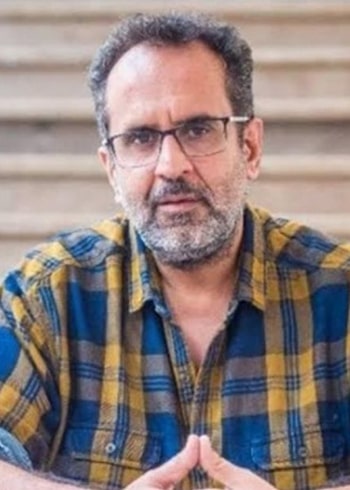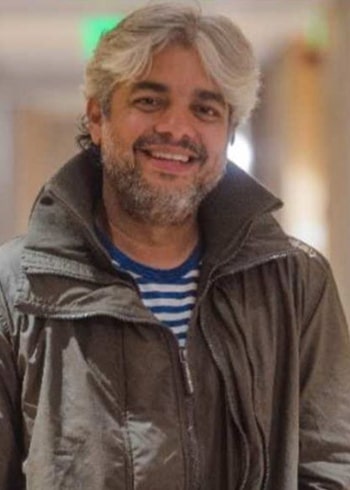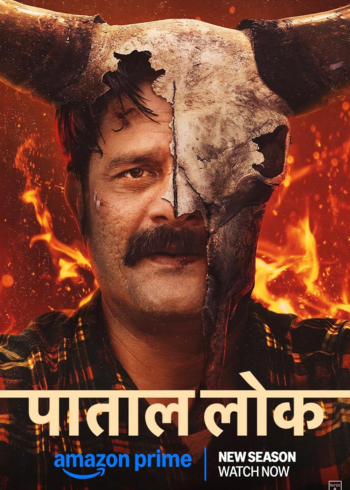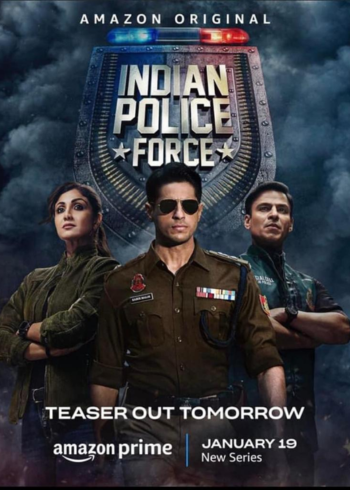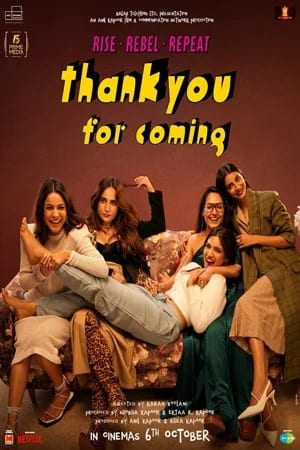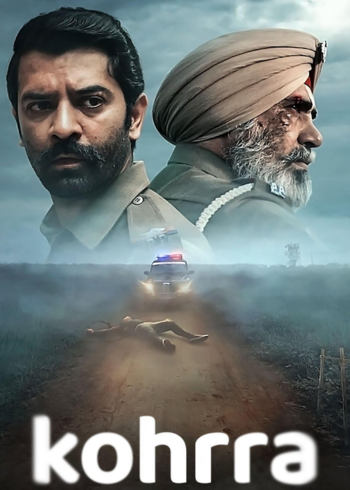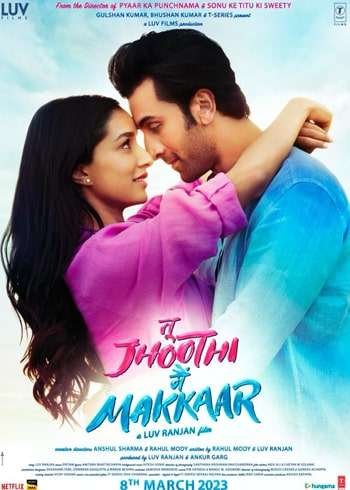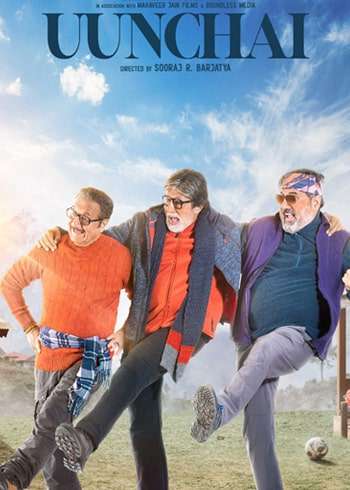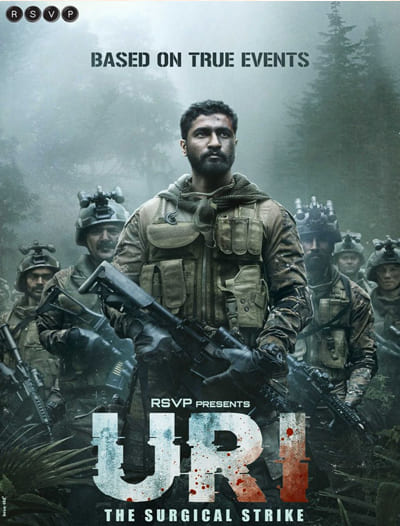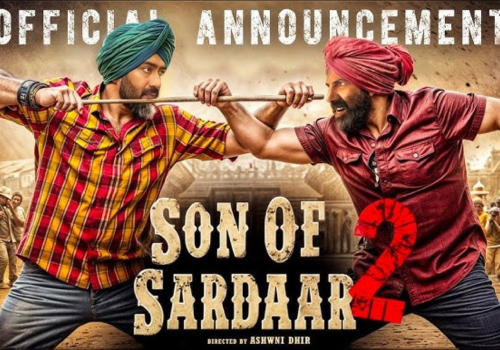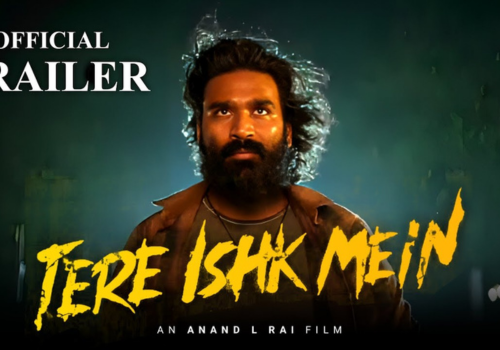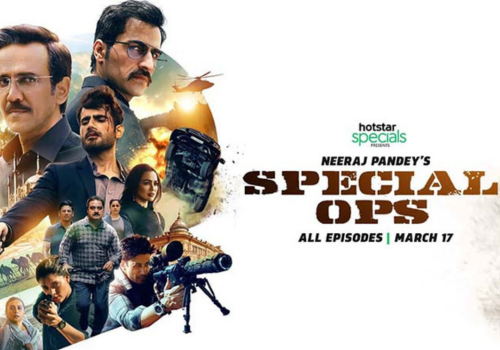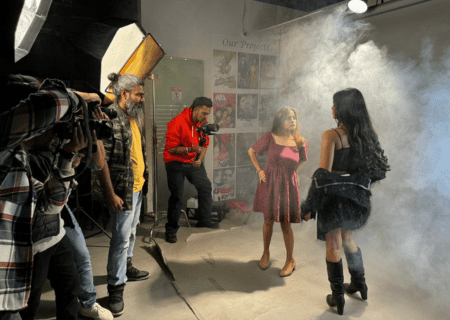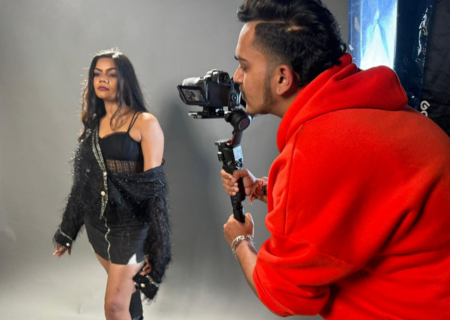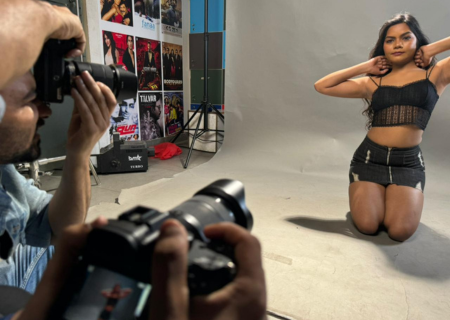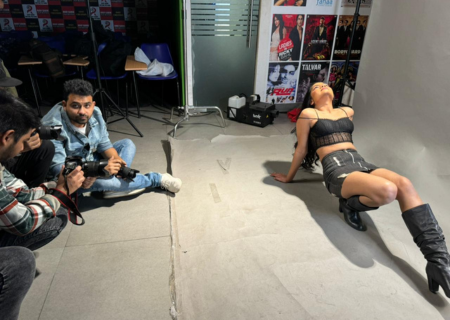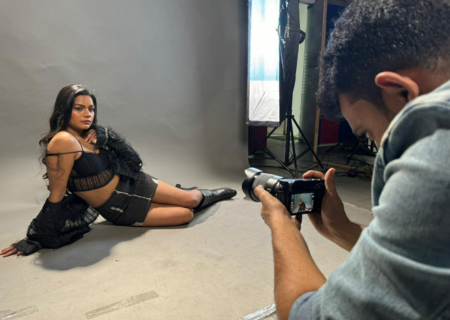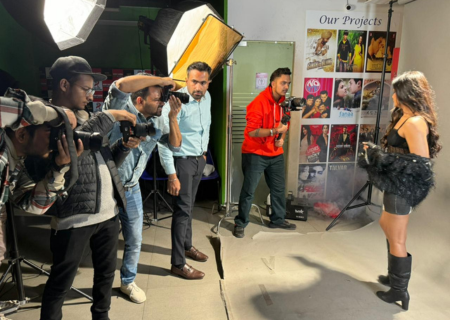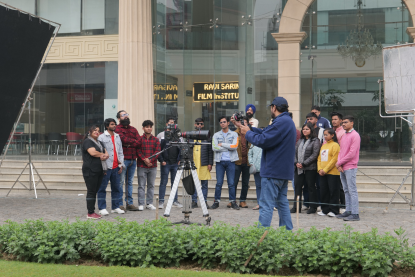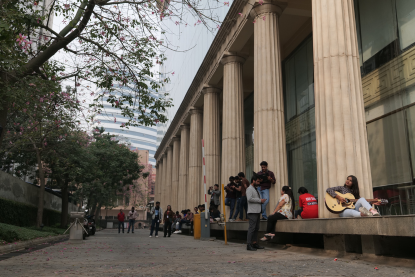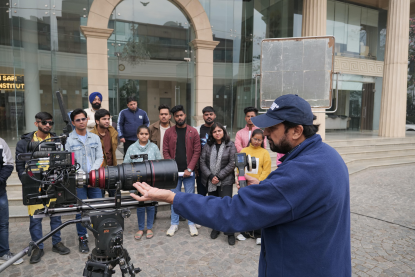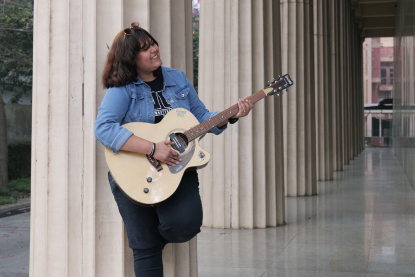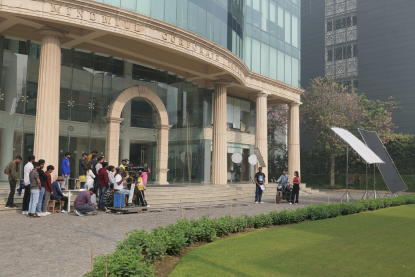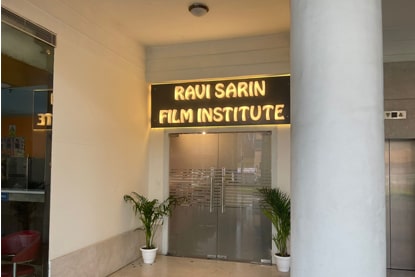B.Sc in Cinema (Specialization
In Direction)
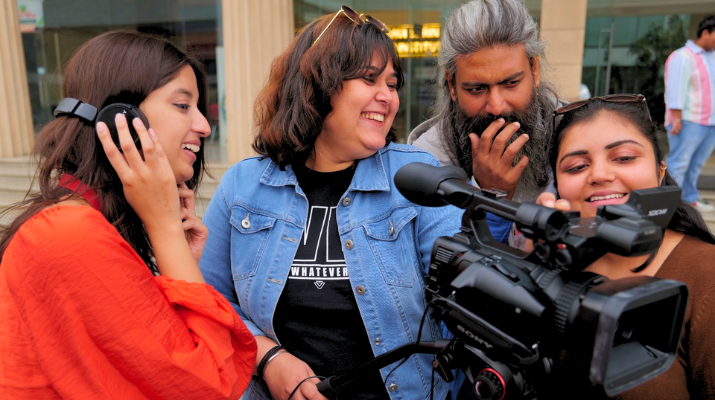
Our Top Recruiters
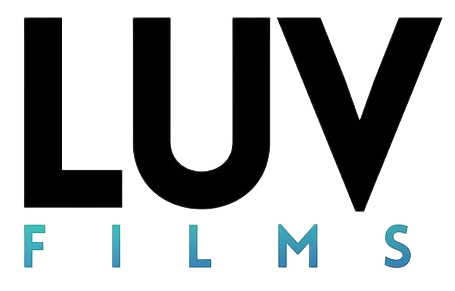

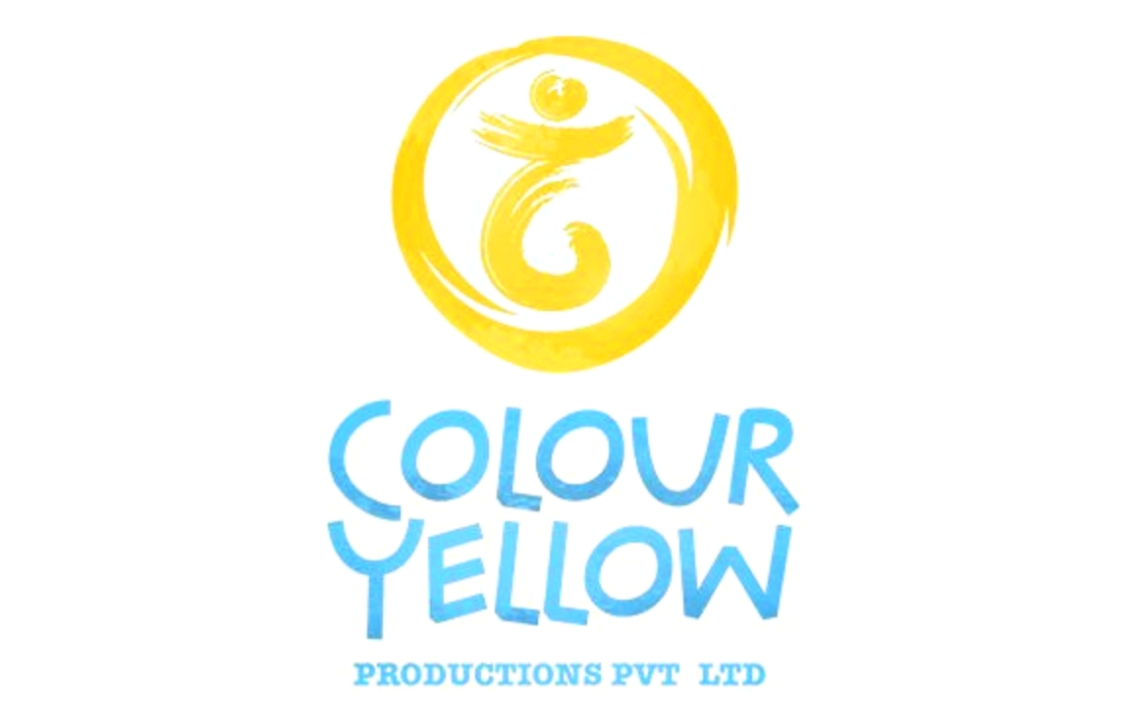



RSFI Institute Offer B.Sc in Cinema
(Specialization in Direction)
of students in film production. From crafting compelling narratives to
organizing visual elements, students delve into the intricacies of directing.
The program empowers them to shape the script, choose locations, and design
costumes to tell an impactful story. Students learn to direct media through practical
exercises and collaborative projects while developing their
artistic vision and technical expertise.
Key Learnings
- Breaking down the Screenplay into Location Breakdowns, Artists Breakdown, and Costumes Breakdowns etc. for Production Planning.
- Budgeting the Production
- Auditioning the Actors to the Characters of the Screenplay.
- Finalizing the Cast & the Crew
- Procurement of the Equipment, Lights, Locations for the Shoot.
- Managing and Shooting the Production
- Managing and taking care of post production
Course Projects
Our Syllabus
- Focuses on reducing stage fright, developing confidence and understanding presentation skills.
- Introduction to core forms and concepts of films.
- Understanding primitive, early cinema and enhancing the basic knowledge of films.
- Introduction to still photography and design technology.
- Application and importance of technology in the field of photography.
- Introduction to Adobe Photoshop.
- Directing and producing individually.
- Developing advanced acting and directing skills.
- Exploring the history of cinema after WW I and WW 2.
- Importance of lightning and cinematography in storytelling.
- Understanding the art of film and video editing.
- Learning the techniques and practice of assembling the shots into a coherent film and TV program.
- The importance of elements like movements, camera, lighting, make-up, sets, props, etc., in a composition of frame or shot.
- Learning to interpret the mood, character, and story of the movie.
The early years of Indian cinema through screening, discussions and reviews.
- Aesthetics of make-up, costumes and jewellery.
- Understanding the significance of costumes and make-up in the entertainment industry.
- Developing the sense and ability of the craft.
- Directing and producing montage and music videos individually.
- Understanding the process of cutting up a film and editing it.
- Specialization in Cinematography, covering the concepts of Composition, lighting, equipment selection, camera movement, visual effects to give the audience a fulfilling cinematic experience.
- In this subject, students will learn to perform the role of the cinematographer as technician, manager and storyteller.
- They will acquire hands-on skills with grip, electric and camera equipment.
- They will learn how these skills can be applied to workflows in pre-production, principal photography and post-production.
- Introduction to the different cultures and art forms.
- Understanding the essence of religions, history, political theories, beliefs, and language.
- Exploring Iranian, French, Latin and Korean cinema.
- Screening, discussions, and reviews of the films.
- Learning individually to direct and produce 10-12 minutes short films.
- Developing a sense of selecting the right location, conceiving 3D visuals.
- Developing the feel and look of each frame.
- Learning to supervise the décor and sticking to budget allocation.
- Introduction to a broad range of ethical and legal issues pertinent to film and media.
- Analysing techniques to deal with moral dilemmas.
- Analysing moral, legal and ethical conduct pertaining to professional communication.
- Understanding the rise of Indian cinema in the 90s and beyond.
- Learning how to market and distribute films around the globe.
- Understanding the trends of distribution and exhibition of films in the current scenario.
- Directing and producing 15-20 minutes non-fiction film.
- Having a show reel is not just a tool; it is the most important tool. The show reel is a resume. It is the video where every ounce of the students' efforts has to be put in to show, not only the things they have filmed, but the versatility of your editing and being able to show different styles
SEMESTER-1
- Mise-en-scene: Meaning & Elements
- Importance & Relevance in films
- Scene Examples
- Basic Considerations before undertaking a production
- Decoding the Budgeting of a film
SEMESTER-2
- Composition
- Techniques of Composition
- Continuity
- The Continuity System
SEMESTER-3
- Visual communication & aesthetics
- Basic shot conventions
- Cinematography & Rules of Composition
- How to generate ideas
- Story development
- Writing for different formats
- Space & Time in Direction, Maintaining Time & Space through Costumes and Make-up
SEMESTER-4
- Writing in Direction
- Characterization & Structuring in Direction
- Basics of Production Designing
- Importance of Costumes, Jewelry & Make up
- Role of Editing in Direction
- Directional Unity
- Shots continuity
- montages
SEMESTER-5
- Shot Division
- Script Breakdown & Scene Breakdown
- Budgeting & its Format
- Recce
- Role of location manager
- Floor Plan & Storyboarding
- Importance of storyboard
- Master Scene & Master Shot
- How to see a film through filmmaker’s eye
SEMESTER-6
- Having a show reel is not just a tool; it is the most important tool. The show reel is a resume. It is the video where every ounce of the students' efforts has to be put in to show, not only the he things they have filmed, but the versatility of your editing and being able to show different styles
- This will be the final Graduating collaborative group Project, where all the students will be working with each other to complete the project










